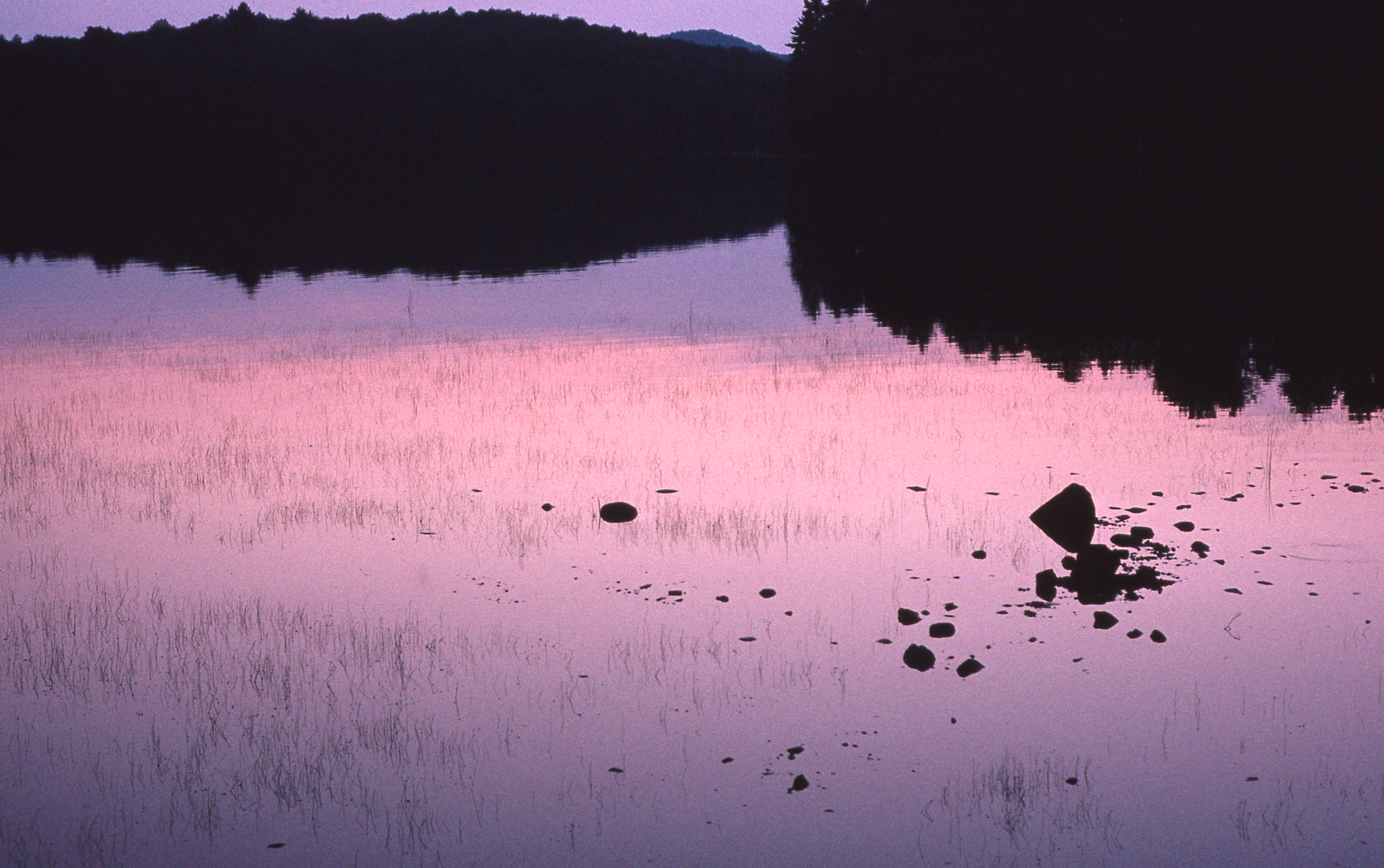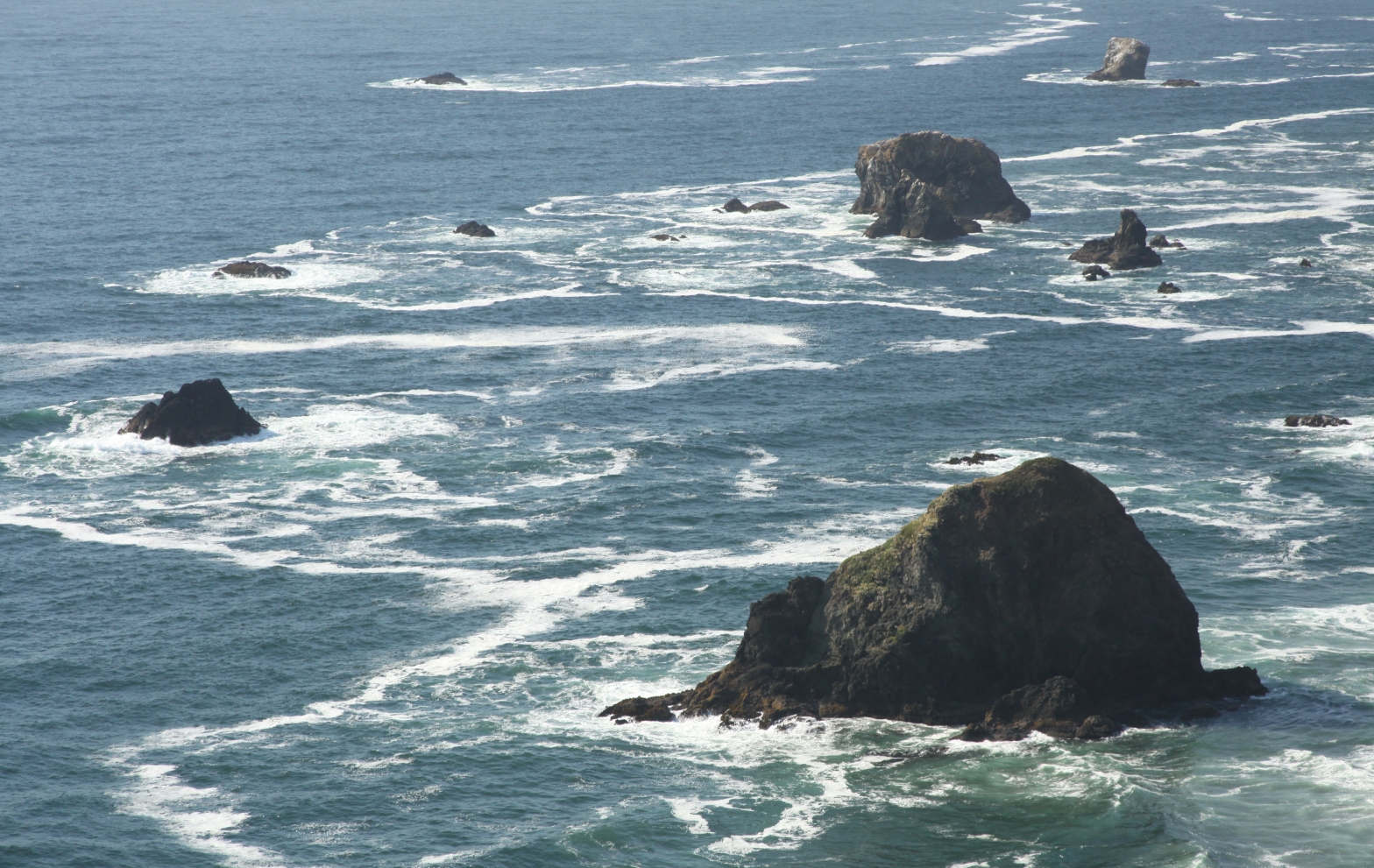Our ancestors possessed a fund of instinctual knowledge about how to survive and thrive in the habitats in which they lived. They knew how to hunt game, harvest plants and prepare the food they gathered to feed their tribes. They were aware of the local weather, natural disasters and how to interact with their surroundings in a way that sustained the environment and fulfilled their survival needs without a need to exploit the bounty of the Earth. They respected the sacredness of the biosphere and felt connected to it in a very personal way. This interconnectedness manifested itself in all aspects of their daily lives from religious rituals to social mores and created a context for healthy behavior that sustained their cultures for thousands of years. Assimilation with more modern cultures has often had a detrimental effect in which the erosion of primordial values has become visible.
Our modern societies also interact with the Earth but in a fundamentally different way and from a different perspective. We have lost intimate instinctual knowledge that was part of our evolutionary programming. This has occurred because we have opted to live primarily in protected dwellings in towns and cities, far from the natural rhythms of the natural processes of our habitat. Modern humans spend much less time interacting with their environment than their predecessors. Over time, this exclusion from the intimacies of nature has rendered us ecologically incompetent. As much as it is easier to live in our modern configurations, it has taken a toll on our ability to connect and appreciate the natural world and has resulted in behavioral problems that are quite diverse and concerning. All creatures evolved from natural surroundings and need a dose of wildness in their daily lives. The absence of this wildness has been, in part, responsible for our many addictions, obsessions and the longing for that something that we can no longer define; the covenant of our relationship with nature that was embedded in our psyche at birth and which now longs to express itself.
Although it is no longer viable for us to be hunters and gatherers and live in the remote regions of nature given our large numbers, it is still possible to regain much of our ecological competence and return to a more balanced lifestyle that will incorporate modern technology and primordial cultural influences into a fusion of healthy and sustainable living practices.
A way to begin this process is to take some time each day to reconnect with our habitat through meditation, visualization, taking walks in natural places, engaging in outdoor recreational activities that are non-motorized and surrounding our lives with natural products and services. We can choose careers that are green and sustainable. A desire to connect and be a part of our habitat is essential and we must recognize when we are out of balance with nature. This process does take some intention and practice but can become a natural part of our daily lifestyles.
We must not mistake conquering and bravado behaviors as connecting with nature or bringing intrusive technology into the wild. We must come as students, seeking to learn and discover our habitat and our place within it. Only in this way will we connect with our true nature and know where we belong.
A change in values and lifestyle to a philosophy of sustainability and a mandate for life to be a journey of discovery and fulfillment would alter all aspects of our culture. The economic struggles and preoccupation with materialism and procuring power and wealth would then become meaningless.
On a personal level, what I am saying above is painfully evident in my life as well. I have been forced to work at careers that have not always been nurturing and meaningful to me. When I have tried to engage in alternative careers, it has been almost impossible to make ends meet. One would think that given the variety of career paths and needs in the world, one could easily find a satisfying occupation but this is not necessarily so. Large corporations monopolize markets and discourage competition. The small family owned business has to compete with limited funds and resources. Cutthroat competition is rampant in the business world and precludes success for many entrepreneurs and discourages creative enterprises and new types of business ventures. Much of what is produced is not necessarily what people want or need and is mainly profit driven.
Everyone should be able to choose a lifestyle and means to make a living that empower personal values and life goals without having to resort to survival tactics and compromising one’s integrity to succeed. Our present economic and technological society is not configured to accomplish this end and seems oriented more towards sustaining those who are driven by the need to accumulate power and wealth. It is time that we re-look at what we have created and re-evaluate it in the context of what is needed to fulfill the authentic needs of our modern societies. How to go about this in a practical manner is discussed in the following chapters.

